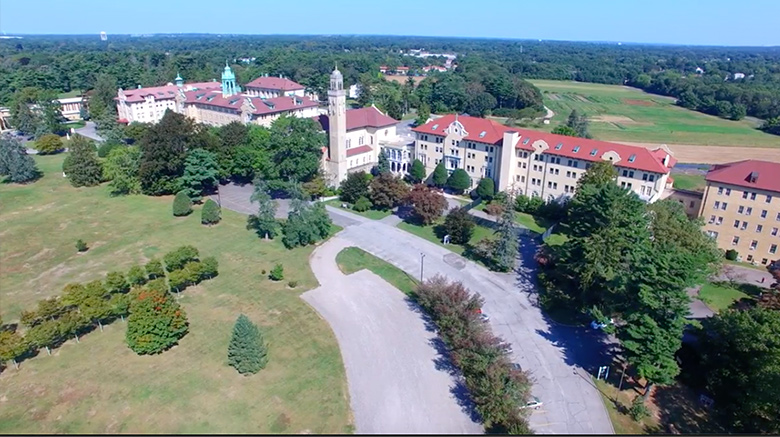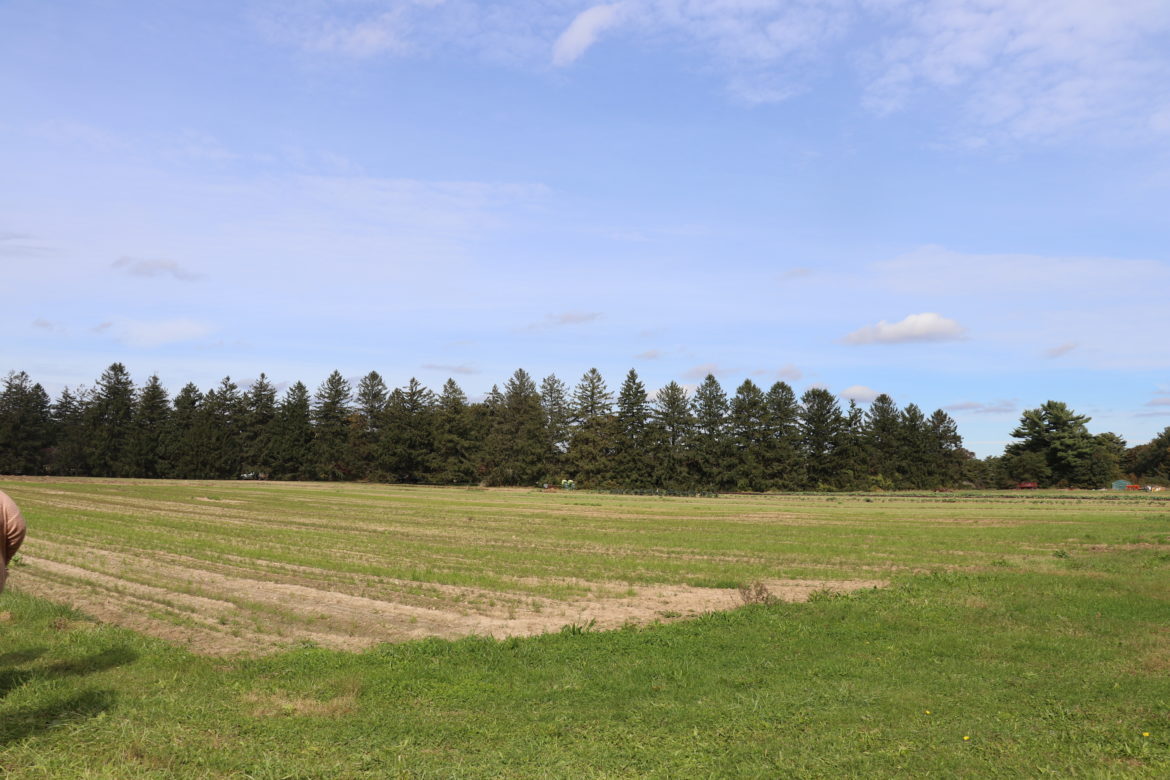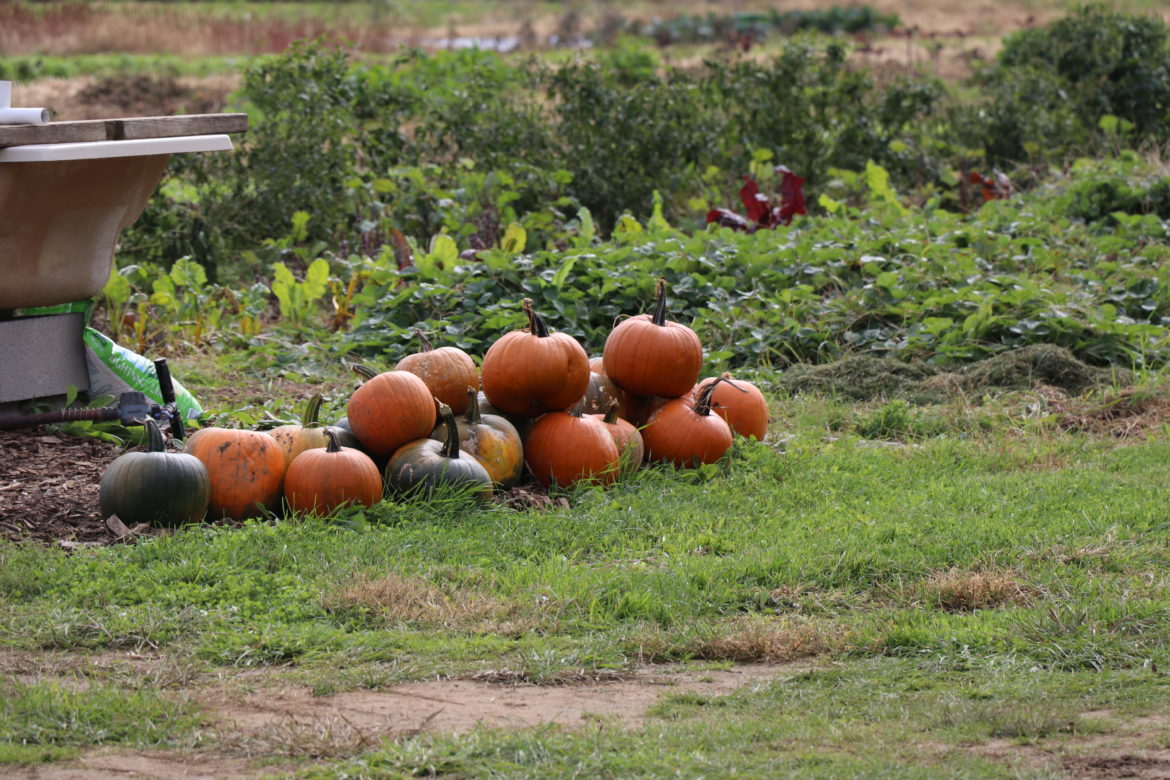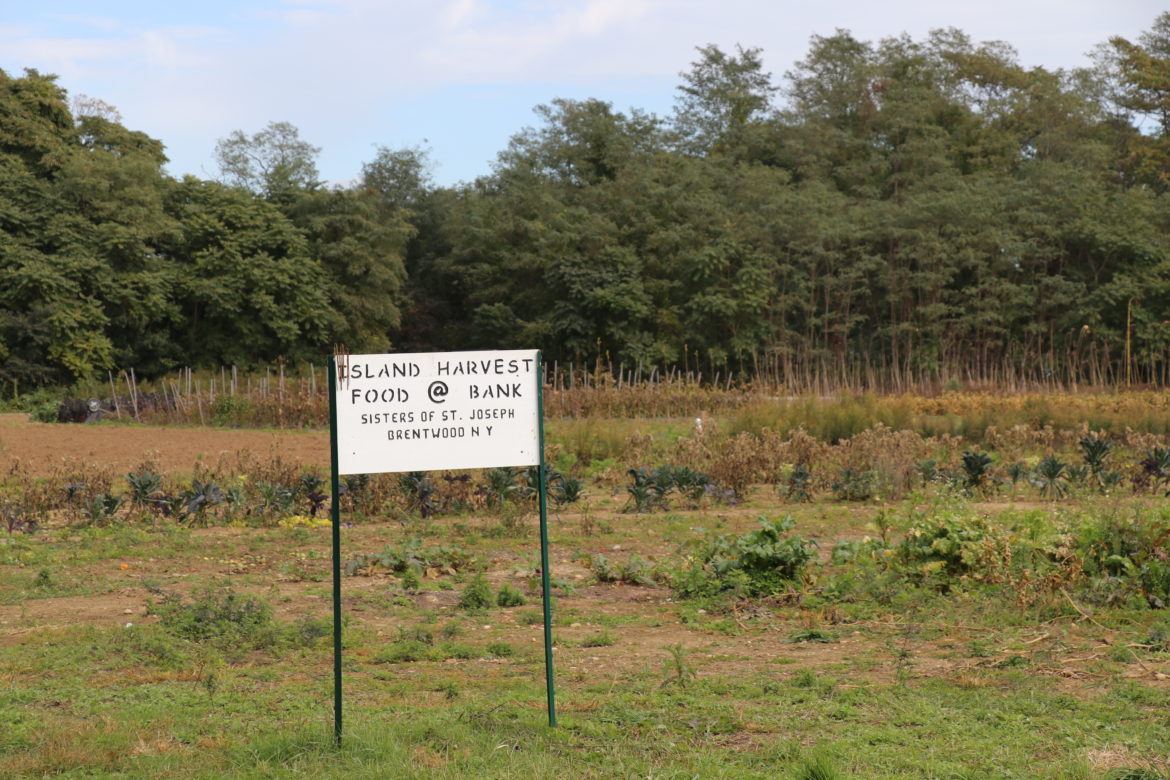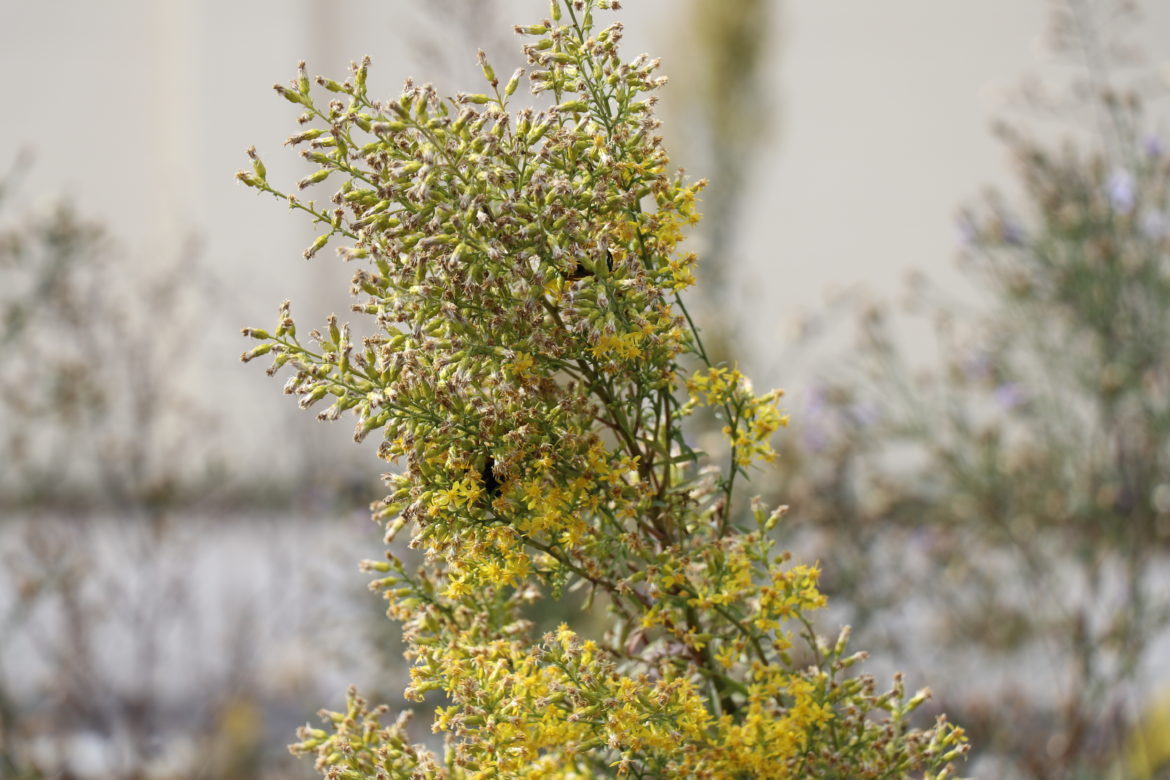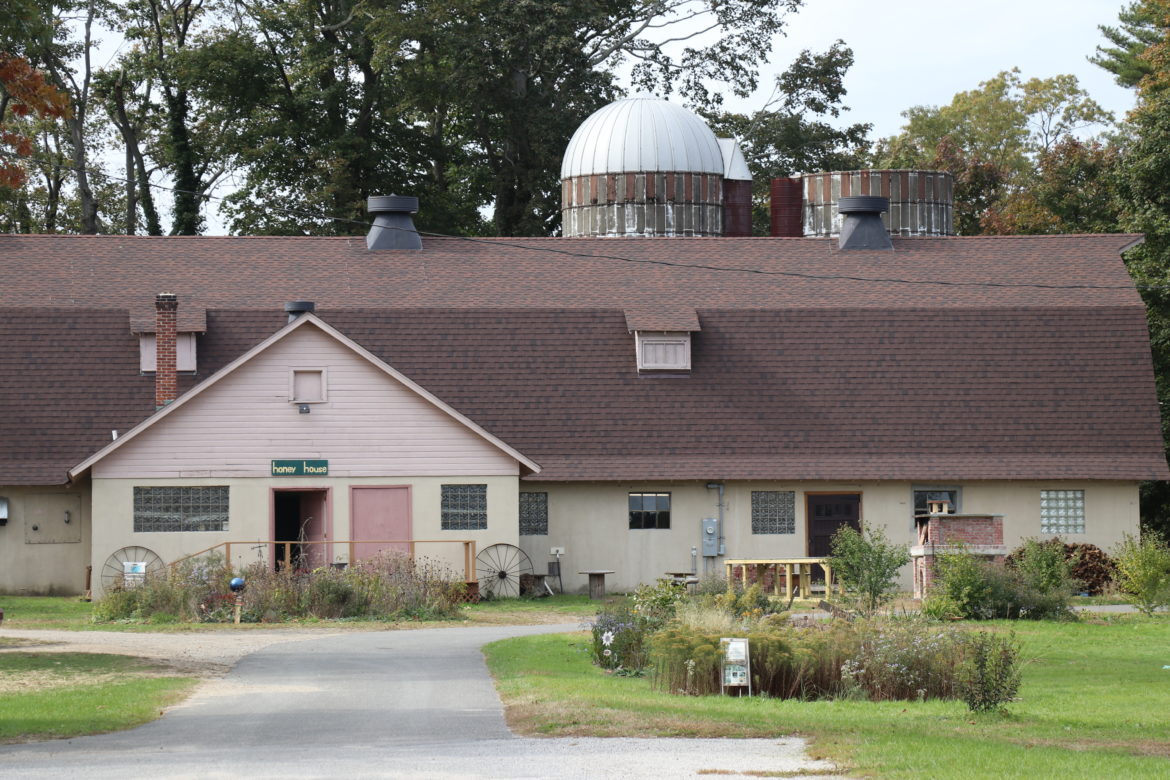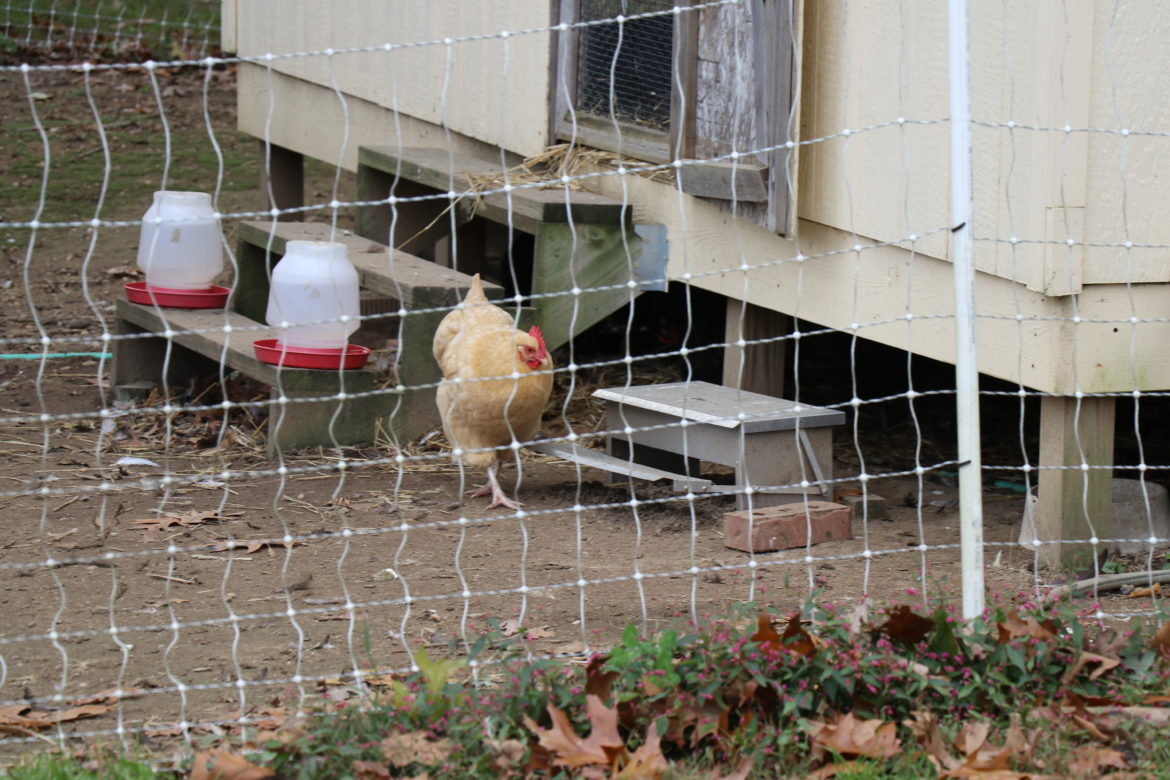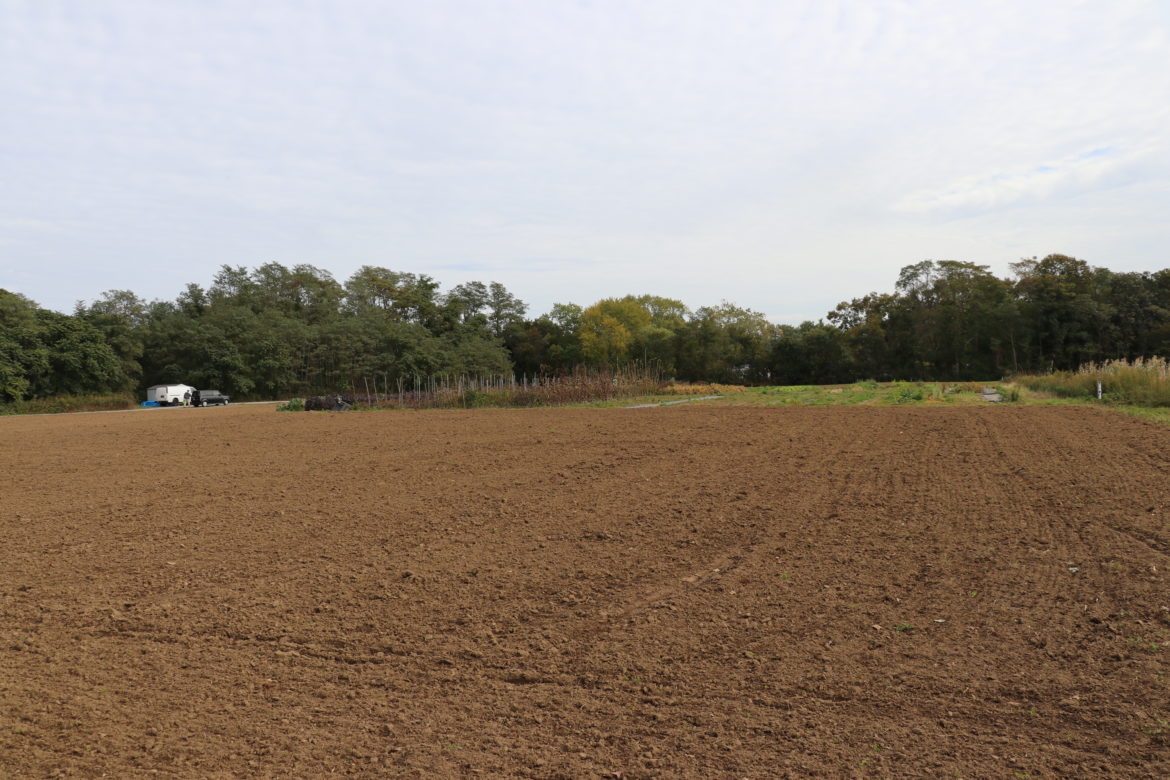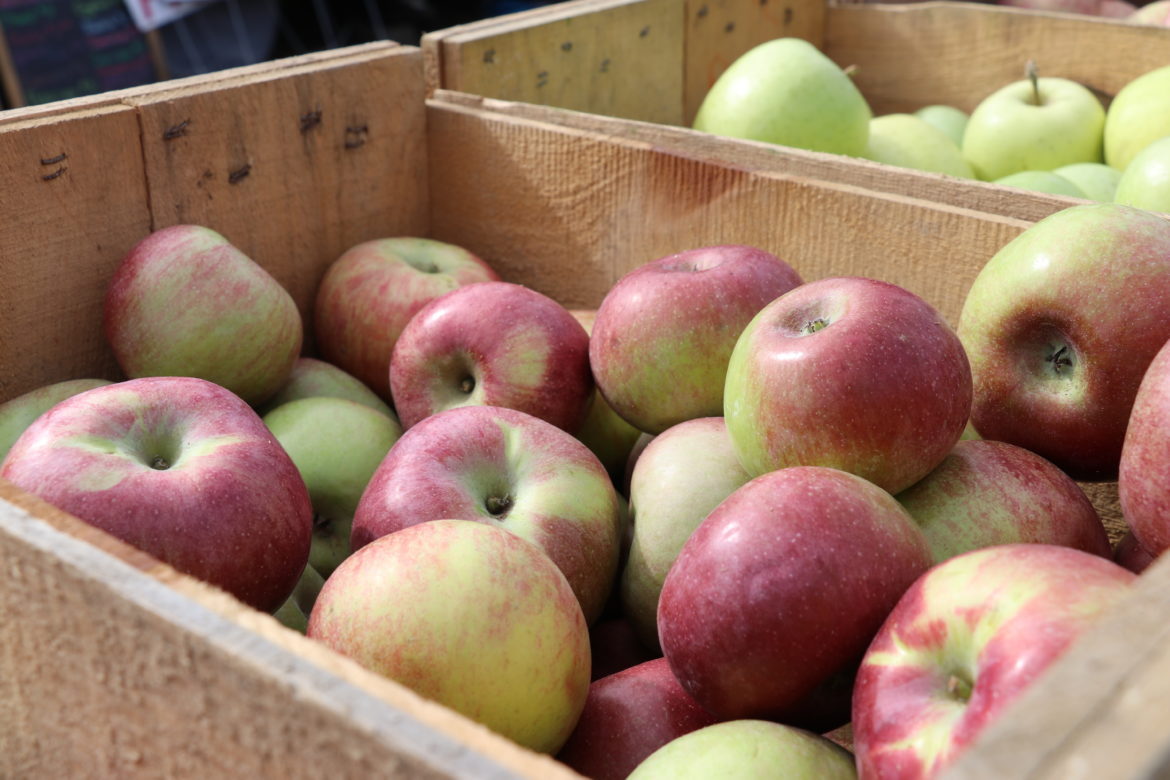For over 100 years, the College’s founding order, the Sisters of St. Joseph, have shared their charism of inclusive love through their efforts to transform the communities around them for the better. This commitment isn’t limited to improving the human condition; on their 212-acre campus in Brentwood, the Sisters have sought to fight climate change, improve water quality, and transform their land and community through the preservation of the natural environment.
It’s a commitment that stems from their Land Ethic. Adopted in 2015 after a period of deep reflection and contemplation, the Sisters resolved to emphasize their relationship with the planet and the environment as a key component of their long-standing mission.
Along with a solar panel array that provides over 60 percent of their power needs, a community farm and several land conservation initiatives, the Sisters also focused a considerable amount of energy on the issue of water quality.
This issue has plagued generations of Long Islanders for decades. Nitrogen pollution and runoff from failing cesspool and septic systems played a role in decimating the Great South Bay’s once-vibrant fishing industry over three decades ago and still afflicts the quality of the region’s ground water and aquifers. Realizing that they could make a difference on this vital issue, the Sisters took several innovative steps to ensure that their complex would help work toward the resolution of the problem.
First, the Sisters deactivated their septic system at the Maria Regina Skilled Nursing Facility and replaced it with an Innovative/Alternative (I/A) water treatment system. They are also in the process of creating a “constructed wetland” (or artificial wetland) to treat wastewater, greywater or storm water runoff. The CTW design adds two wetland basins that will filter greywater before it enters the leaching fields — as wastewater flows horizontally through the basin, the filter material filters out particles and microorganisms degrade the organics, helping draw nitrogen out of the water before it can leach into the groundwater.
Additionally, the Sisters adopted several innovative designs to reclaim and filter water collected on their campus. A rain garden was constructed to capture runoff from the parking lots and roadways, where plant roots mitigate toxins and convey the cleaned water down to our aquifer. Permeable roadways prevent water from pooling or being lost to storm drains, and instead allow it to percolate down into the aquifer.
Furthermore, water coming off the downspouts from rooftops will be collected and cleaned using an underground filtration tank and then used to irrigate plantings.
Thanks to this comprehensive range of initiatives, the Sisters have received considerable amounts of funding and recognition for their efforts. With this ongoing work, they aim to restore balance between the human impact on the planet and the needs of the environment.
“As Thomas Berry stated, the great work of our time is to build a mutually beneficial relationship between humans and our fragile planet,” said Sister Karen A. Burke, Ed.D., C.S.J., coordinator of land initiatives for the Sisters of St. Joseph. “Through the adoption of our land ethic and the range of sustainability initiatives at the Brentwood complex, we are affirming and actualizing our sacred responsibility to balance our communal needs and the needs of our planet.”

